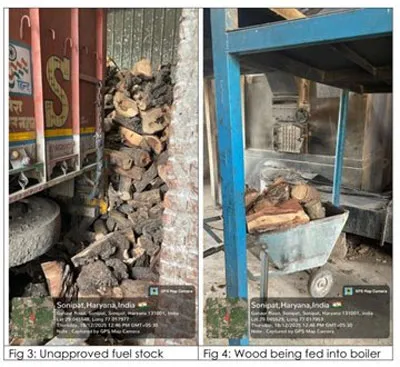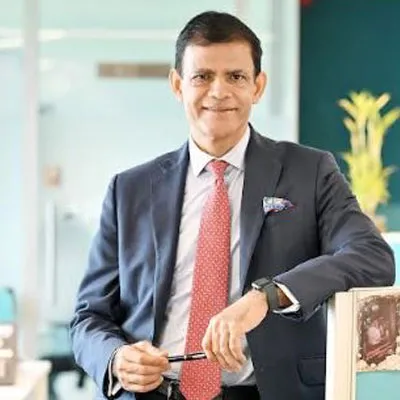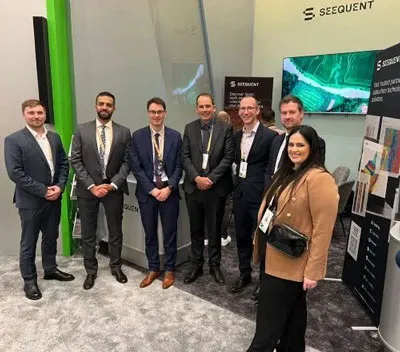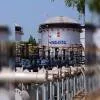
Panaji pilot project reduced non-revenue water from 38% -15% with IoT

CAQM Orders Closure of 16 NCR Industrial Units
The Commission for Air Quality Management (CAQM) recently directed the closure of 16 industrial units across the National Capital Region after inspections revealed gross and persistent violations of environmental norms. The action is part of CAQM’s intensified enforcement drive to curb air pollution and ensure strict compliance with statutory directions. Of the affected units, one is located in Uttar Pradesh (NCR), one in Rajasthan (NCR), while the remaining 14 operate in Haryana’s Sonipat district. The inspections identified serious lapses, including operation without mandatory Consent t..

ANAROCK Launches Project Management And Engineering Arm
ANAROCK has announced the strategic launch of its Project Management & Engineering Services (PMES) vertical, marking a major expansion of its real estate capabilities. The move positions the company as a comprehensive, one-stop solutions provider offering seamless project delivery from concept to completion. The PMES vertical has commenced operations with more than 500 professionals and 42 active client contracts. It is expected to generate over Rs 1.25 billion in revenue in FY 2026–27, contributing significantly to ANAROCK’s group-wide revenue target of Rs 11 billion. The company has out..

Seequent To Showcase Geoscience Tech At FMF 2026
Seequent will participate in the fifth edition of the Future Minerals Forum, scheduled to take place in Riyadh from 13 to 15 January 2026. The company will present its geoscience technologies, underscoring its role in advancing data-driven mineral exploration in Saudi Arabia and engaging with industry leaders on the future of the regional mining sector. The participation aligns with Seequent’s commitment to supporting the objectives of Saudi Vision 2030 and highlights its involvement in major mining projects across the Kingdom. Visitors will be able to explore Seequent’s integrated suite ..
















